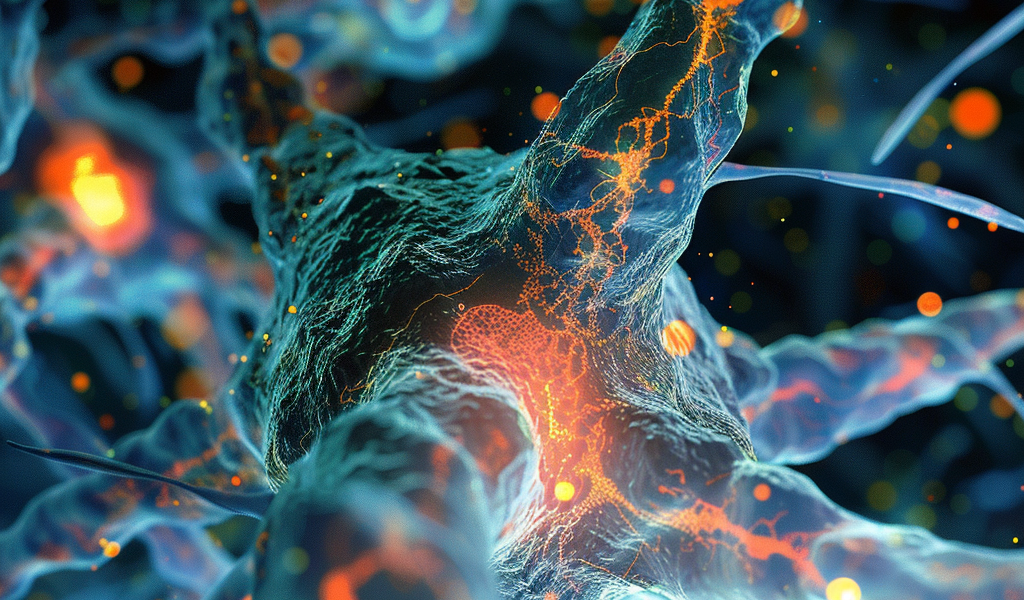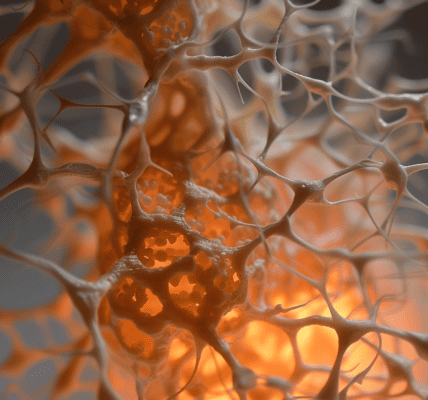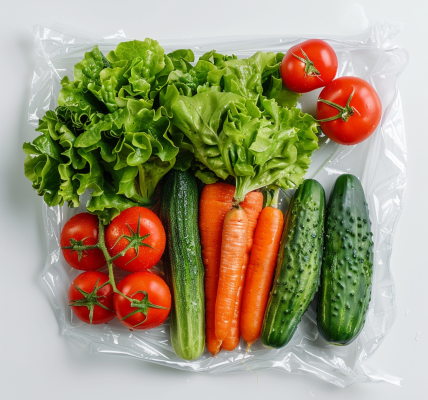Micro- and nanoplastics in the body are passed on during cell division
It is well-known that the gastrointestinal tract serves as a major storage site for micro- and nanoplastic particles (MNPs) in the human body. A recent study conducted by a research consortium comprising the University of Vienna, the Medical University of Vienna, and other partners under the leadership of CBmed GmbH in Graz has delved into the effects of these tiny plastic particles on cancer cells in the human gastrointestinal tract.
The study revealed that MNPs persist in the cell for a longer duration than previously believed, as they are transmitted to the newly formed cell during cell division. Moreover, initial indications suggest that these plastic particles could potentially enhance the metastasis of tumors. The findings of the study were recently published in the scientific journal “Chemospheres”.
Aside from respiration, ingestion represents the primary route for MNPs to enter the organism. Every week, plastic particles weighing up to the equivalent of a credit card (approximately five grams) make their way into the gastrointestinal tract. The team, led by Verena Pichler (University of Vienna, CBmed) and Lukas Kenner (MedUni Vienna, CBmed, Vetmeduni Vienna), explored the interactions between MNPs and various colon cancer cells.
Through their analyses, they not only demonstrated the entry of MNPs into the cell and their precise deposition but also observed their direct effects. The MNPs are absorbed into lysosomes, similar to other “waste products” in the body. Lysosomes, also known as the “stomach of the cell”, are cell organelles responsible for breaking down foreign bodies within the cell. However, the researchers noted that, unlike foreign bodies of biological origin, the MNPs are not degraded due to their foreign chemical composition.
Based on various factors, the MNPs are even passed on to the newly formed cell during cell division.





